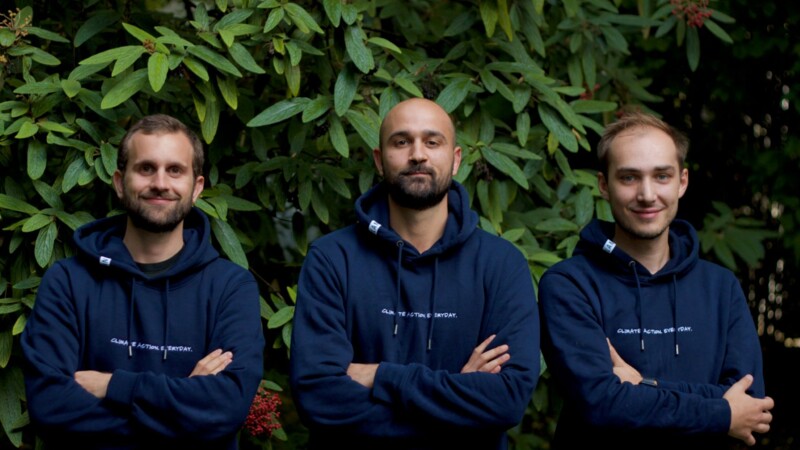Research and the knowledge acquired in this way are however only the first major, step, the professor believes. Transferring knowledge to the public is crucial for moving from knowledge to action. “It currently takes far too long to move from knowledge to action. My doctoral supervisor, Nobel laureate Klaus Hasselmann, demonstrated human impact on the climate in the mid-1990s.” Latif has for this reason set himself the goal of boosting scientific communication. “People are looking for orientation in a world becoming more complex. They are inundated with information, both significant and trivial.” The academy’s advantage lies in its credibility. “And based on this, we have to communicate scientific results in an intelligible and interesting way. We can reach people better through well made podcasts, YouTube videos and other digital formats and gather them up where they are,” Latif is convinced. In addition, a series of essays is being planned in which particular themes will be intensively investigated from different perspectives. “Equity is one of the great issues of our day, and we will illuminate it from a philosophical, historical, medical, and climatic aspect.”
“We have to consider problems from different angles,” Professor Mojib Latif believes. As the new president of the Academy of Sciences and Humanities in Hamburg, he is in precisely the right position to do so. The highly regarded climate physicist took over at the head of the research institute from Professor Edwin Kreuzer on 1 January 2022. “By contrast with many other scientific institutes of this kind, the Academy of Sciences in Hamburg is broadly based,” the professor says. The scientific disciplines range from the humanities to the natural sciences, and the fields of study from coronavirus to hydrogen. Confronted with a world that is becoming increasingly complex, isolated points of view do not suffice for arriving at viable approaches to problems. “Climate change, for example, can be viewed from a meteorological aspect, in other words seen from my own field,” says the professor, who has researched the interactions between the oceans and the atmosphere and their impact on the climate for more than three decades. “But the medical aspect is just as important i.e., the effects of climate change on health. Or the psychological aspect: Why do so many people vehemently resist the measures currently under discussion? There are many relevant viewpoints.”
Boost scientific communication
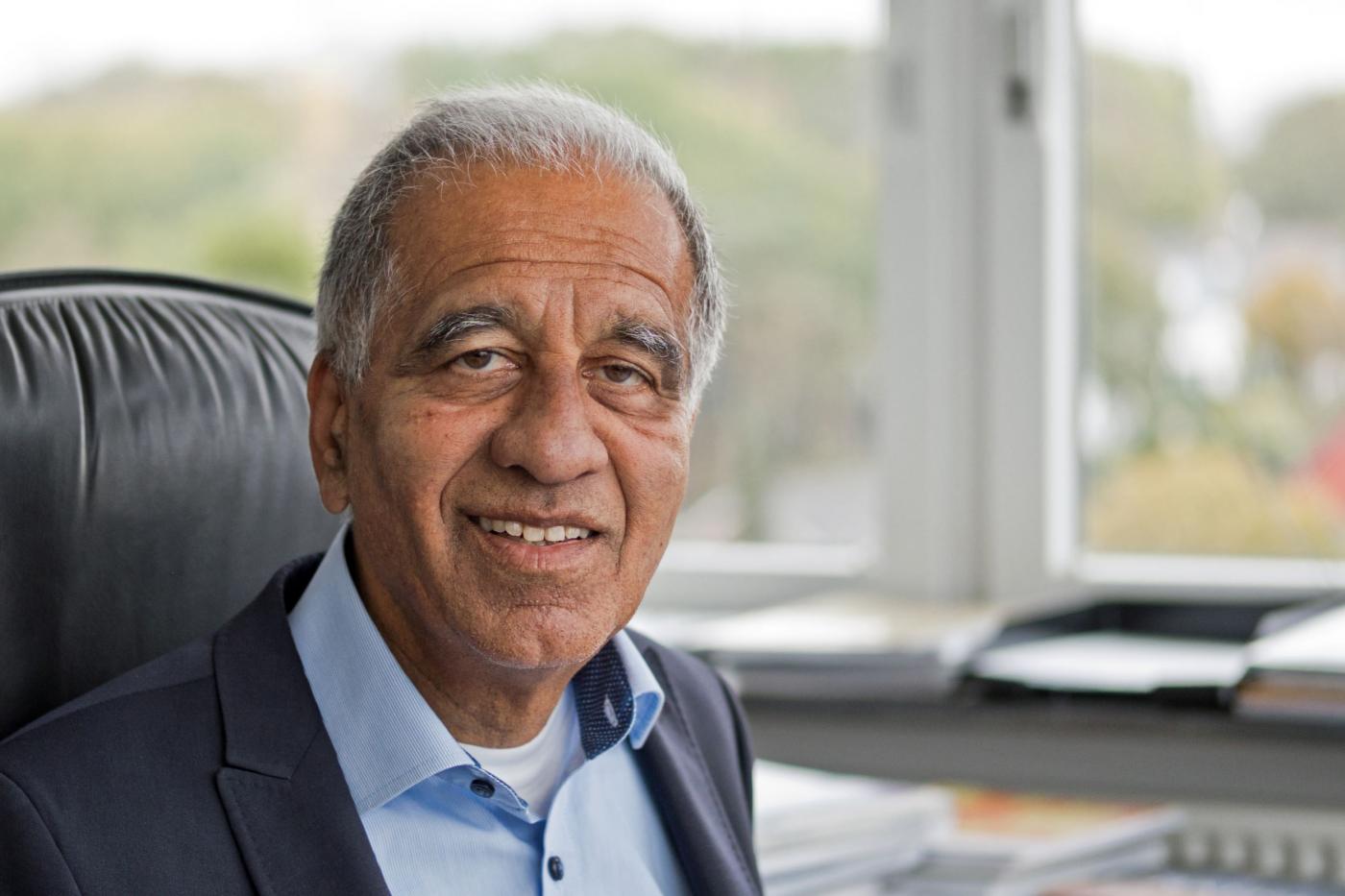
Source of CO2 emission unimportant
How do things currently stand in terms of climate equity or the idea that those countries that bear the greatest responsibility for global warming should embark on measures to safeguard the climate to a corresponding degree. According to 2020 figures, China, the largest CO2 emitter with its share of around 31 per cent in global carbon dioxide emissions followed by the U.S. (14 per cent) would bear the greatest responsibility. Germany’s share in global CO2 emissions stood by contrast at ‘only’ around 2 per cent, according to a Statista overvie. The climate doesn’t care where CO2 is emitted; it has a global effect,” Latif says. Climate change can only be halted by joint action, he pointed out. And it’s urgent. “The earth warmed up incredibly fast over recent decades, and we are seeing more, and more violent, extreme weather events and rising sea levels.”
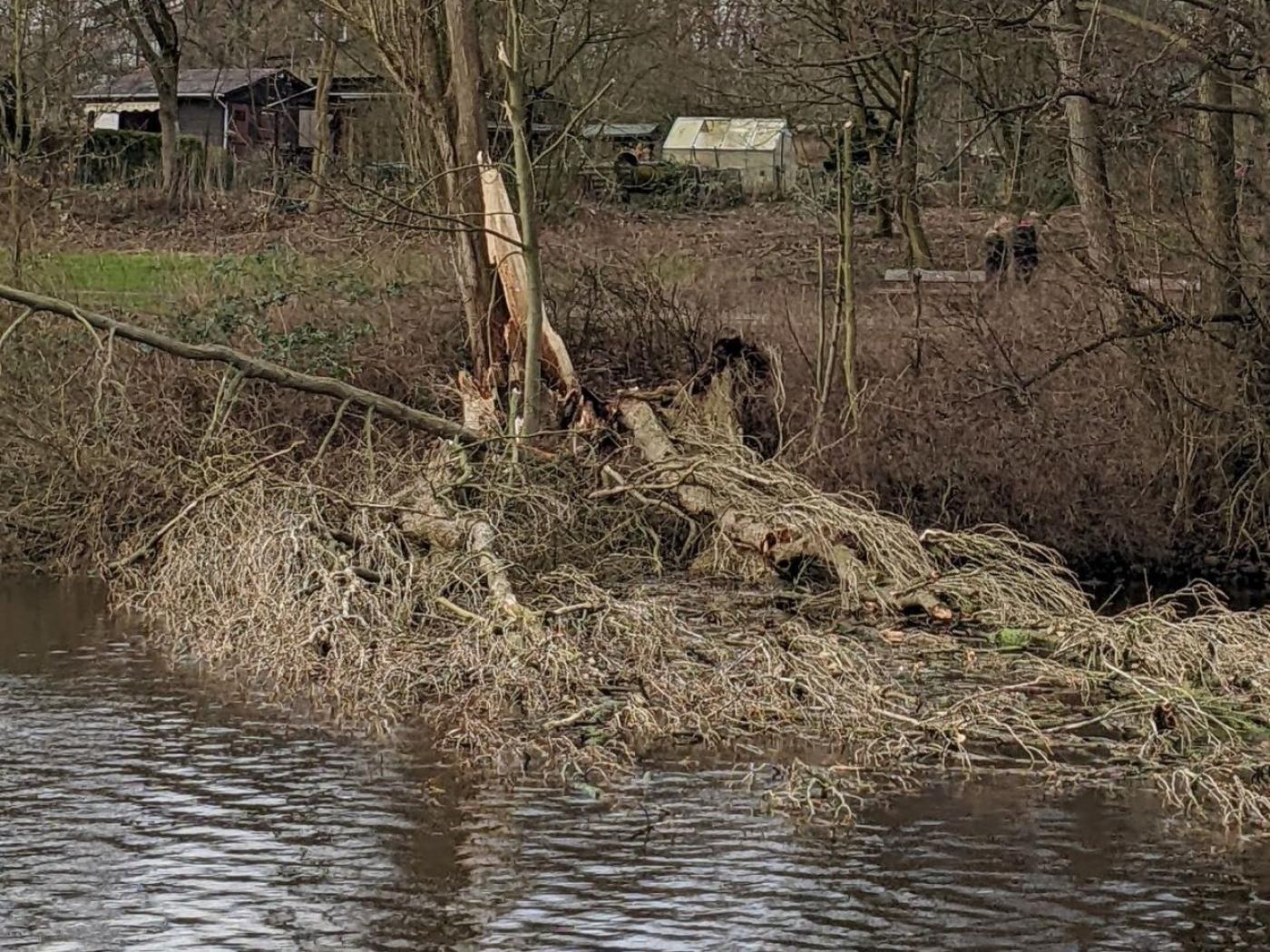
If the appeal to save the planet does not take hold, perhaps pointing to the rising costs that coastal and flood protection impose, could make people think. “Germany will have to lay out around 125 to 230 million euros annually up to 2100 to protect the North Sea and Baltic Sea coastlines,” according to a Statista. Latif explains: “The government has agreed up to 30 billion euros for reconstruction following the extreme weather on the River Ahr.”
Prosperity and protecting environment not in conflict
Latif believes that Germany is on the right path after introducing the Renewable Energies Act in 2000 and in terms of other environmental protection measures as well. “As a result, Germany has managed to cut its CO2 emissions by 40 per cent between 1990 and 2020,” Latif notes. Unfortunately, global emissions rose by 60 per cent over the same period. “Nevertheless, it is extremely important that Germany leads the way and demonstrates that prosperity and protecting the environment can go hand in hand,” Latif emphasises. “If we manage to get a dynamic going, other countries will follow.”
ys/kk/rm/pb
Sources and further information
Mojib Latif
Mojib Latif, born in Hamburg in 1954, became president of the Academy of Sciences and Humanities in Hamburg on January 1, 2022. After studying business administration, mathematics, physics, oceanography and meteorology, Latif graduated in meteorology, before completing his Ph.D and qualifying as a university lecturer in oceanography at the University of Hamburg. Posts followed at the Max Planck Institute for Meteorology in Hamburg, Christian Albrechts University in Kiel and at the GEOMAR Helmholtz Centre for Ocean Research, where he headed the Maritime Meteorology research unit.
Professor Mojib Latif has conducted research into the interactions between the oceans and the atmosphere and their impact on the climate for over 30 years. He has received numerous awards including the Sverdrup Gold Medal of the American Meteorological Society, the German Environment Prize and the Alfred Wegener Medal of the German Meteorological Association. He has been president of the German Association of the Club of Rome since November 2017.
More
Similar articles
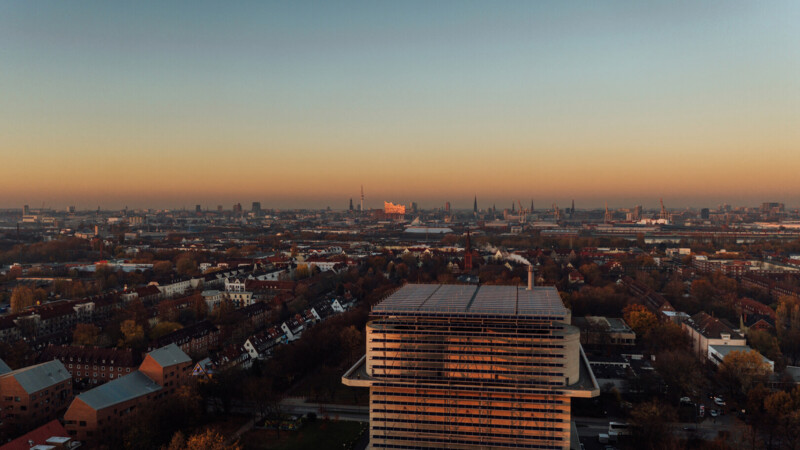
Drilling underway in Wilhelmsburg to extract geothermal energy
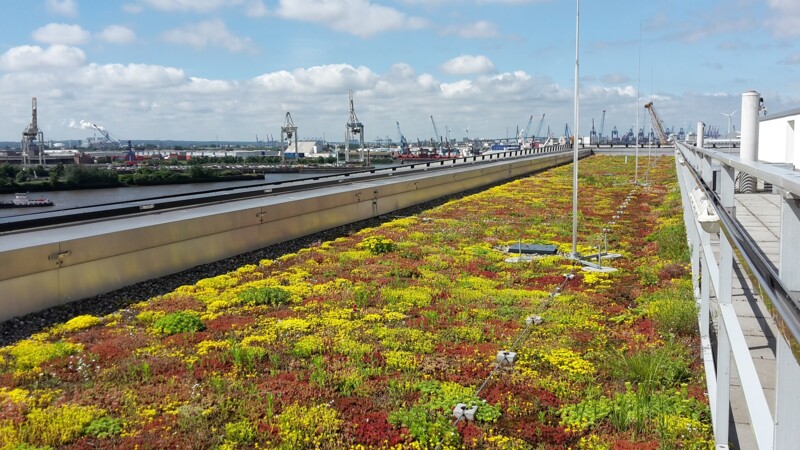
Hamburg strengthening its resilience to climate change
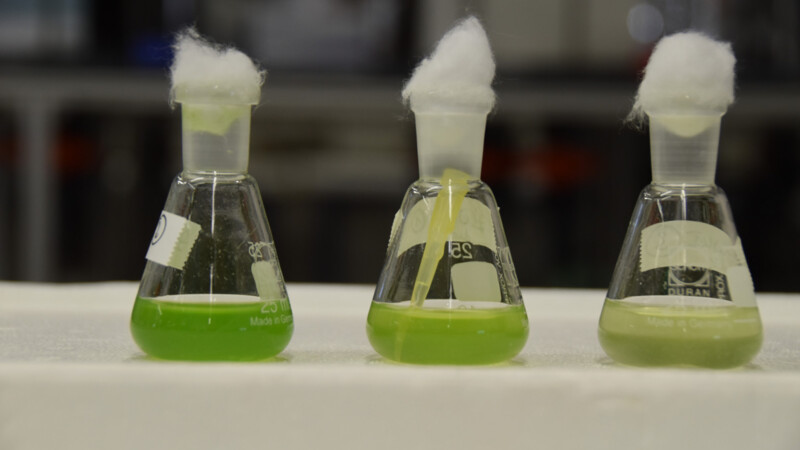
Algae research progressing in Hamburg
